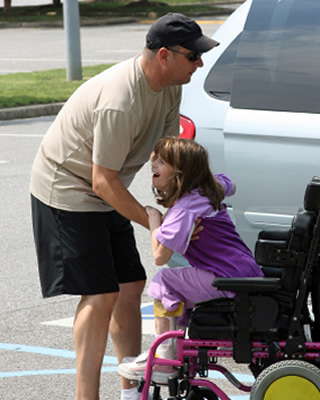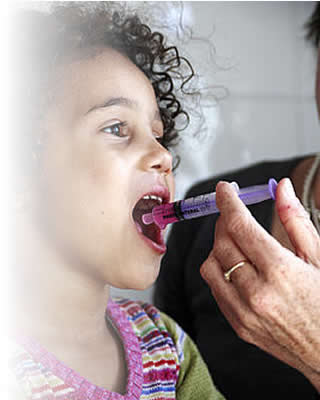Assessment of Children's Pain course



This session describes the assessment of pain in paediatric practice highlighting the different methodologies used when assessing acute and chronic pain.
Learning Objectives
By the end of this session you will be able to:
- Identify appropriate clinical methods to assess pain
- Explain the relevance of the biopsychosocial model to pain assessment in children
- List the elements of cyclical assessment
- Distinguish between methods suitable for assessing acute and chronic pain
- Describe age-appropriate, validated pain assessment tools that can be used by the child, parent or carer and the healthcare professional
In children, pain assessment can present greater challenges than in adults, because the naturally occurring changes of growing up affect not only their physical state, but also their psychological state and social status.
Ben is an Anaesthetic and Pain Management Specialist who trained at the Imperial School of Anaesthesia. Following general medical and anaesthetic training, he has undertaken dedicated, specialist chronic pain training, and a subsequent fellowship in paediatric chronic pain.
He is a Fellow of the Royal College of Anaesthetists and has been awarded Fellowship of the Faculty of Pain Medicine.
He has published educational and peer-reviewed material on pain management, clinical leadership and patient safety.
He is a content author for the e-PAIN project.


Becky has been a clinical nurse specialist with the Pain Control Service at Great Ormond Street Hospital for Children since 2002.
Since 2004 she has also been a lecturer in paediatric pain management at London South Bank University in the Department of Children’s Nursing, Faculty of Health and Social Care.
She is a content author for the e-PAIN project.

- End of Life Care | Advance care planning | Advance...
- Posted By eIntegrity Healthcare e-Learning
- Posted Date: 2025-01-13
- Location:Online
- This session focuses on principles of good practice which underpin the appropriate and valid use of Advance Decisions to Refuse Treatment (ADRT), within an end of life care context. This session was reviewed by Fiona Rawlinson and Sarah Hanrott and last u
- End of Life Care | Advance care planning | Advance...
- Posted By eIntegrity Healthcare e-Learning
- Posted Date: 2025-01-13
- Location:Online
- This session builds on the principles of advance decisions to refuse treatment. It focuses on the practical steps involved in supporting patients requesting the development of an advance decision. This session was reviewed by Fiona Rawlinson and Sarah Han
- End of Life Care | Advance care planning | ACP in ...
- Posted By eIntegrity Healthcare e-Learning
- Posted Date: 2025-01-13
- Location:Online
- This session describes how the Preferred Priorities for Care tool may be used to facilitate advance care planning. This session was reviewed by Fiona Rawlinson and Sarah Hanrott, and last updated in February 2023.
- End of Life Care | Advance care planning | ACP and...
- Posted By eIntegrity Healthcare e-Learning
- Posted Date: 2025-01-12
- Location:Online
- This session provides an overview of the concept of illness trajectories and its influence on the advance care planning (ACP) process in end of life care. This session was reviewed by Fiona Rawlinson and Sarah Hanrott and last updated in February 2023.
- Acquired Brain Injury course
- Posted By eIntegrity Healthcare e-Learning
- Posted Date: 2025-01-12
- Location:Online
- This session will outline the causes and effects of acquired brain injury (ABI) in childhood. It wil...







